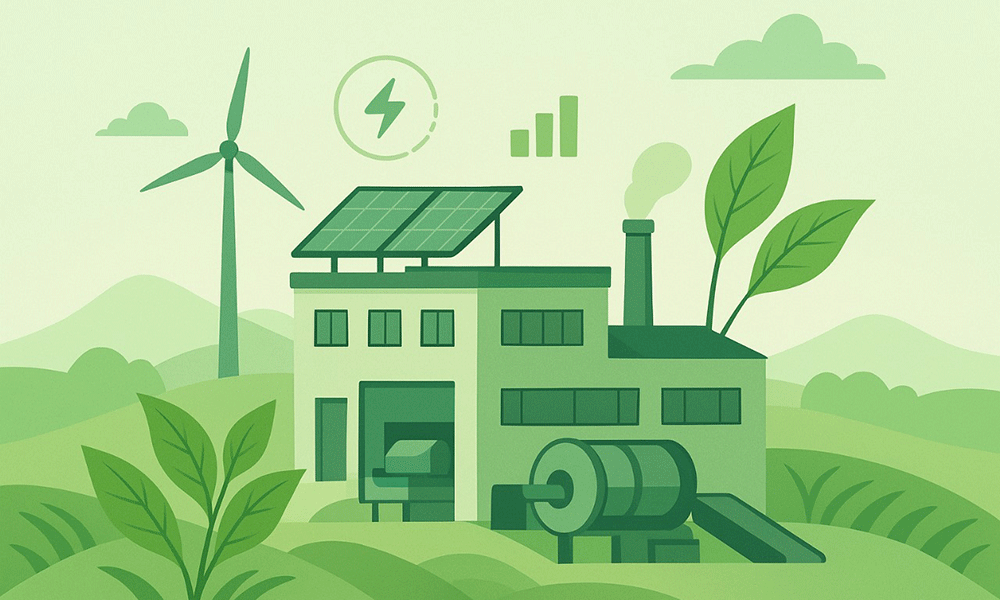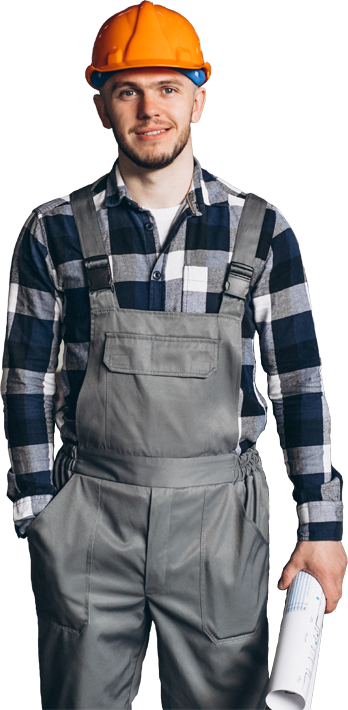Automation in Tea Production
“Balancing Efficiency and Authenticity”
Tea is not just a commodity; it is culture, craft, and chemistry combined. Every batch tells a story of soil, altitude, rainfall, and the hand that processes it. Yet, as global tea markets evolve, the narrative is increasingly being shaped by automation, a powerful enabler that promises precision and productivity, but must never overpower authenticity.
In the modern tea factory, automation is no longer a futuristic vision. It is a practical necessity. From leaf sorting and withering to rolling and drying, integrated automation is helping producers achieve consistency, reduce costs, and respond to market demands faster than ever before. But as with every technological leap, the challenge is balance — retaining the sensory artistry of traditional tea making while embracing the efficiency that keeps factories profitable and competitive.
The Shift Toward Smart Factories
Automation in the tea industry has evolved from simple mechanical assistance to smart, connected factory ecosystems. Today’s tea producers are exploring systems that synchronize machinery, monitor energy consumption, and provide real-time process data.
Walkers Sons & Company, with its 170-year legacy of engineering excellence, is at the forefront of this transformation. The company’s latest line of machinery integrates programmable logic controllers (PLCs) and sensor-based automation, enabling precise control over every production variable — temperature, humidity, speed, and pressure.
This precision not only ensures consistent quality but also allows for data-driven decision-making, giving managers a complete picture of factory performance at any given moment.
Efficiency Without Losing the Human Touch
In traditional tea making, intuition plays a key role. Experienced tea masters rely on the look, feel, and aroma of leaves to determine the perfect rolling time or oxidation level. Full automation cannot replace this wisdom, but it can support and amplify it.
Walkers’ systems are designed around this principle. Automation handles the repetitive, time-critical processes, freeing human operators to focus on quality judgment and sensory refinement. For instance, while sensors may detect moisture variation or motor load, it’s still the tea maker’s expertise that decides when the process truly achieves balance.
The result is not dehumanized production, but augmented craftsmanship, where technology strengthens tradition rather than suppressing it.
The Economics of Automation
Rising energy costs, declining labor availability, and competitive export markets have made automation economically inevitable. A well-integrated automation system can improve throughput by 20–30%, while reducing human error and operational downtime.
Moreover, predictive maintenance technologies embedded in Walkers’ machinery allow factory owners to anticipate breakdowns before they happen. This shift from reactive to preventive maintenance saves time, money, and energy, crucial advantages for factories located in remote highland regions where technical assistance can be hard to access.
For tea producers targeting international certification standards like ISO 22000 or Rainforest Alliance, automation also helps ensure compliance by maintaining traceable, consistent processes.
Sustainability Through Intelligent Control
Beyond efficiency, automation contributes directly to environmental stewardship, an increasingly critical expectation from global buyers. Automated control systems minimize waste heat, optimize airflow, and regulate power usage to achieve energy-efficient production cycles.
Walkers’ R&D team continues to refine these features, combining precision motors, variable frequency drives, and smart energy monitoring tools to help factories lower their carbon footprint without compromising performance.
In essence, automation in the tea sector is not just about mechanization; it’s about engineering sustainability into the production DNA.
The Road Ahead: Hybrid Intelligence
The next chapter for the tea industry lies in hybrid intelligence, where human mastery and machine logic coexist harmoniously. Walkers envisions a future in which factory teams are empowered with real-time data, AI-driven diagnostics, and user-friendly digital interfaces, while still relying on the deep-rooted craftsmanship that defines tea’s timeless appeal.
Automation, when implemented thoughtfully, becomes a bridge between heritage and progress, not a boundary. It allows the art of tea making to thrive in the language of modern industry, without losing its poetic essence.


